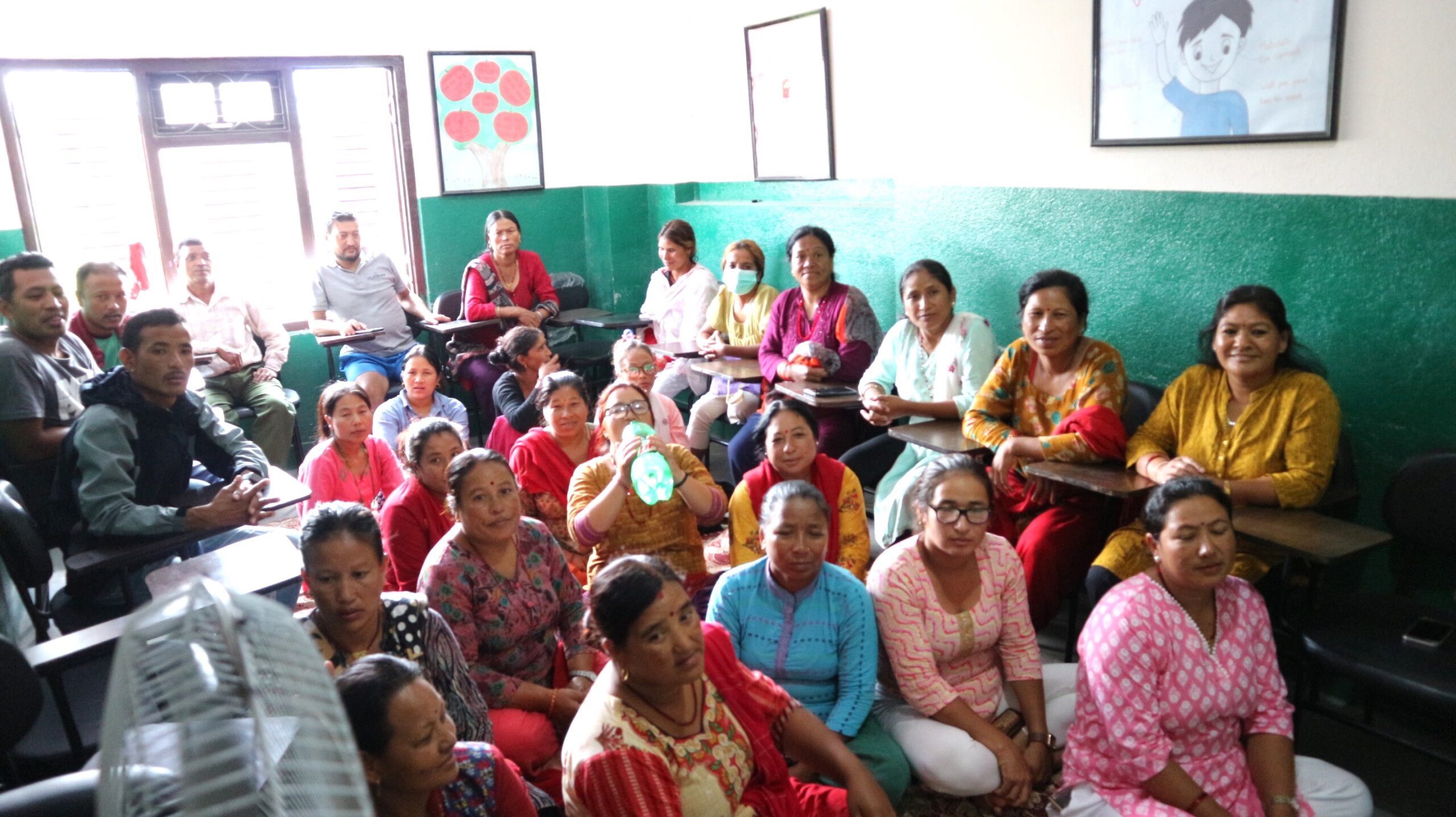 September 18, 2024
September 18, 2024
On Friday, September 13th, 2024, we hosted two insightful workshops aimed at supporting parents in understanding and effectively communicating with their children. These workshops focused on teenagers and early childhood development (ECD), offering guidance to parents on creating open, supportive relationships with their children.
Parents Workshop on Teenagers
Starting at 10:30 AM, 28 parents gathered to discuss the challenges of connecting with teenagers. The main topic revolved around why teenagers often prefer the company of friends over parents. Many participants acknowledged feeling uncomfortable discussing sensitive issues such as periods, body changes, and mood swings due to societal taboos.
We addressed this discomfort head-on, emphasizing the importance of normalizing these conversations within families. Teenage girls, in particular, often shy away from sharing issues related to menstruation and body changes due to societal fears, which can lead to feelings of isolation. We encouraged parents to build a friendly relationship with their children to foster openness.
Teenagers, starting around age 13, frequently believe their parents won’t understand their problems. As a result, they turn to friends, which can sometimes lead to unmonitored influences, including mobile phone addiction or exposure to harmful behaviors. The workshop underscored the importance of parents maintaining a calm, supportive approach, encouraging teens to share their thoughts and challenges.
After the discussion, many parents felt more confident and prepared to engage with their teenage children in a positive manner, recognizing the need to balance authority with friendship. The session concluded at 1:30 PM.
Parents Workshop on Early Childhood Development
At 1:30 PM, 25 parents attended the ECD workshop, focusing on nurturing children between birth and age five. Parents voiced their frustrations, explaining that their young children often do not listen to instructions, leading them to repeat requests or resort to physical discipline.
We emphasized the critical development happening in a child’s mind during these early years, explaining that physical punishment can be detrimental to a child’s understanding of communication and behavior. Instead, parents were encouraged to use polite, clear communication and to model good behavior, as children learn through observation and imitation.
The discussion also highlighted the importance of proper nutrition, maintaining a clean environment, and engaging children in educational games. We urged parents to minimize screen time, as prolonged exposure to screens can harm a child’s vision and cognitive growth.
By the end of the workshop, parents reported feeling more confident in their ability to positively interact with their young children. They recognized that patience, play, and education are crucial tools in fostering healthy development. The ECD session wrapped up at 3:30 PM.
Both workshops served as a reminder of the vital role parents play in their children’s growth and development, offering valuable insights to help families foster closer, more supportive relationships.